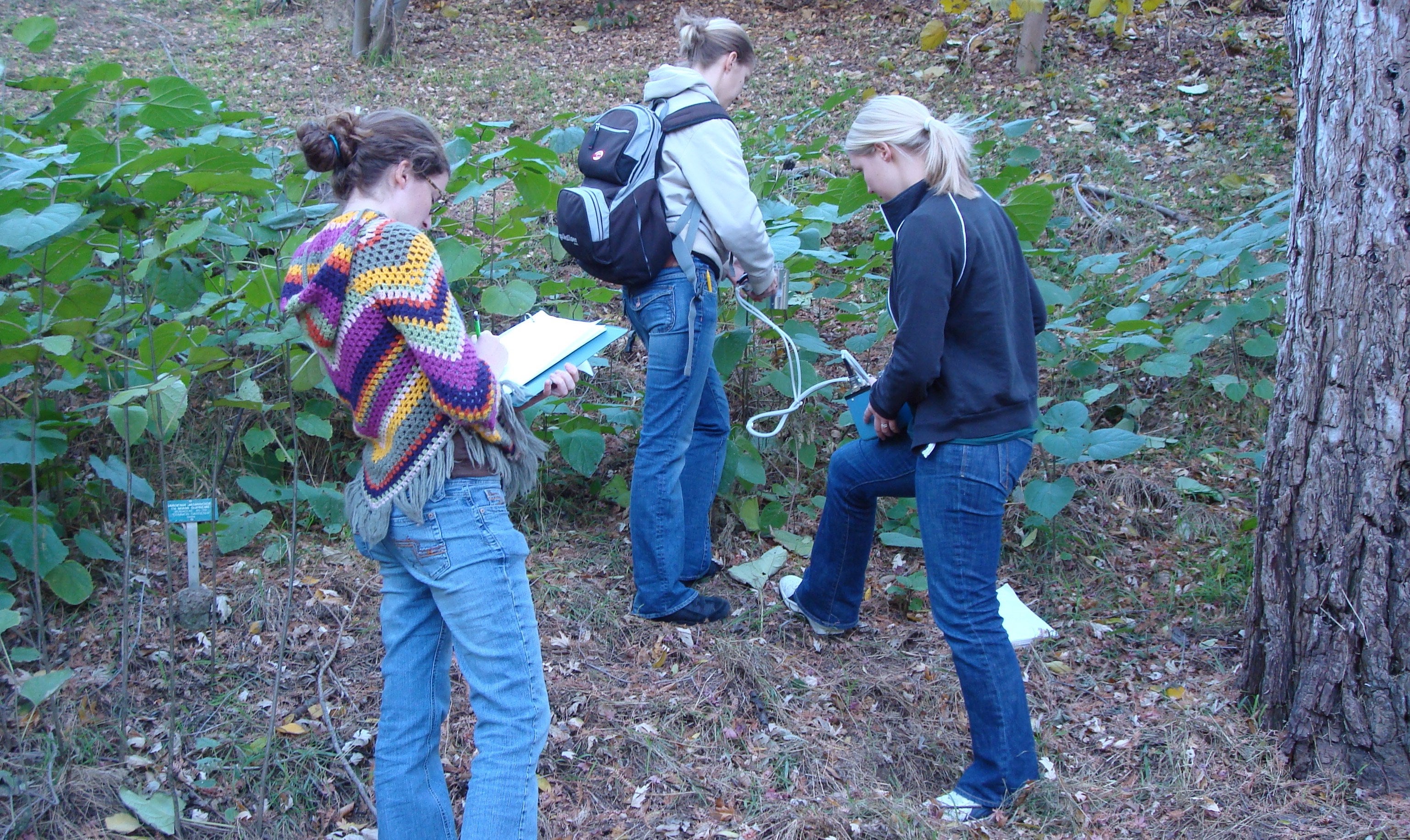Botany and Plant Sciences 166, Undergraduate Plant Physiological Ecology
BPSC 166 Plant Physiological Ecology (4 units) Lecture, 3 hours; Discussion, 1 hour
Lecture topics include plant responses to light, temperature, evaporative demand, and limiting soil conditions. This course explores photosynthesis, plant-water relations, and plant-temperature relationships and discusses plant adaptation to climates with varying aridity and temperature extremes. The 1-hour discussion focuses on equipment and measurement techniques that are not taught as part of the principles and theory of the lecture, but that are an important component of this discipline. This involves demonstration of relevant equipment and focuses on technology, when that technology became available, and how new approaches have changed our view of the field.
Botany and Plant Sciences 243, Graduate Plant Physiological Ecology
BPSC 243 Plant Physiological Ecology (4 units) Lecture, 3 hours; discussion, 1 hour.
This course analyzes adaptations and responses of plants to their environment, with emphasis on the physical environment, photosynthesis, temperature and water relations, growth and allocation, and plant interactions. The 1-hour discussion focuses on primary literature associated with the topics in lecture. This involves reading one classic paper and one recent paper from the eco-physiology literature each week. Students develop skills to critique scientific papers, lead discussions, and comment on data and concepts.
Botany and Plant Sciences 240, ISO-TOPICS Graduate Seminar
BPSC 240 Special Topics in Plant Biology (2 units) Seminar, 2 hours.
This seminar addresses current topics in stable isotope science. We feature readings and discussions in the use of stable isotopes in environmental sciences including ecology, biogeochemistry, hydrology, plant physiology and geology. Selections from recent literature can be chosen to match student research interest. We also include a tour of our state of the art UCR Facility for Isotope Ratio Mass Spectrometry (FIRMS), as well as stable isotope sample preparation facilities including microbalances, mills, freeze dryers and vacuum lines.
Biology 5B, Undergraduate Introduction to Organismal Biology
BIOL 005B Introduction to Organismal Biology (4 units) Lecture, 3 hours; laboratory, 3 hours.
This is a fast-paced, intensive course designed to prepare students for upper-division courses in organismal biology. The course provides an overview of the diversity of life on earth – from algae to redwoods, amoebas to primates – and covers development, physiological regulation, and reproduction in plants and animals. Evolutionary relationships (how organisms are related through common ancestry) and functional relationships (how organisms and physiological systems interact with each other and with their environment) are emphasized throughout. I teach the protist and plant sections of this course.
